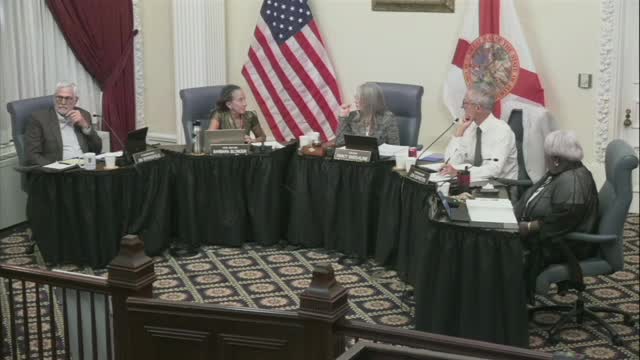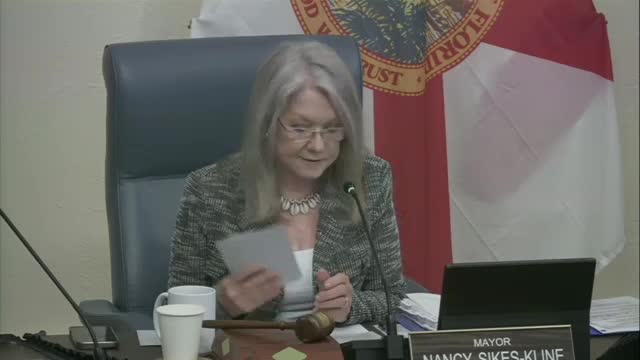Article not found
This article is no longer available. But don't worry—we've gathered other articles that discuss the same topic.

Commission approves Bannon Avenue one‑way, raises illegal parking fines and adopts land‑use rezones; approves joint meeting with county on Nights of Lights

Residents and carriage‑horse operators trade accusations over horse welfare at public comments

